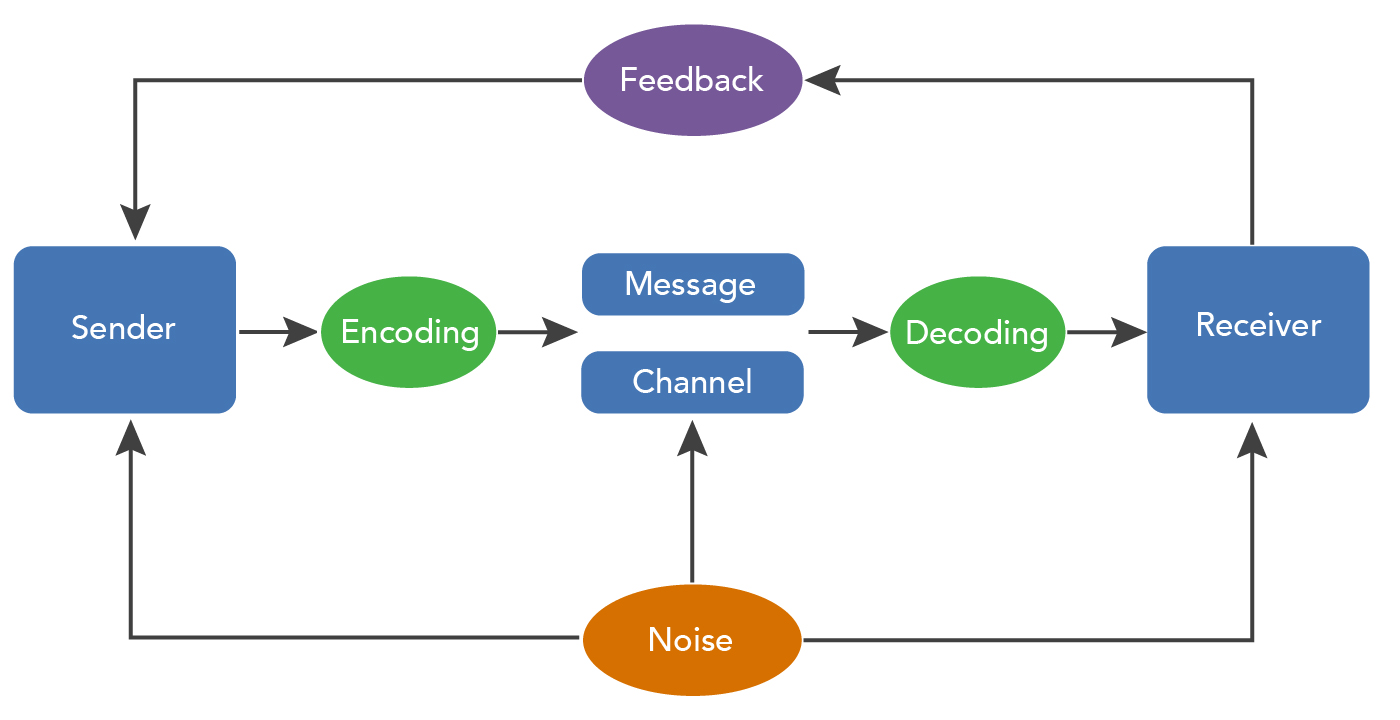Wouldn't it be interesting if we were to create a culture intentionally, rather than automatically? How often do we find ourselves "going with the flow" or following patterns that we have seen around us? Since it may seem so "normal" or "natural" we may not see a need to change it. And even if we do, we may feel "stuck" and not know HOW to go about changing it.
A big cultural item that will greatly impact us, and those around us, is the WAY we communicate. Is that at all surprising to you? How effectively do you believe YOU communicate?
"You must communicate so clearly you cannot be misunderstood." -Harold B. Lee
When I think about that way I communicate, I realize that I have definately experienced my own "ups and downs" throughout my countless endeavors. It is usually a process of "trial and error" and often changes within every situation. However, there are a few factors that are TRUE across all communication and do not change. I will share them below:
Here is an interesting thought for you: "Much of our communication doesn't just come through our words." What do you think about that? Have you seen this impact your efforts to clearly communicate?
Channels of communication:
-Words: 14%
-Tone: 35%
-Non verbal: 51%
= 100%
Face to face interaction increases our understanding, but doesn't guarantee we understand fully or clearly.
We as humans: "The more comfortable we get, the less we work at it." That is why people often develop increasingly worse communicative habits over time.
In the diagram below is a visual representation of what happens within effective communication. A sender and a receiver are present and must both "encode" and "decode" a message that has been sent. The channel through which a person communicates through can look very different, especially in today's world. Many people communicate through texting or social media because it is more "convenient" or a better option that takes less time and effort. However, you miss a lot of what makes communication fully effective. Emojis, as cute as they are, just DON'T cut it when you want to add 'nonverbal cues' or 'tone of voice' to a conversation. Another vital part of this, that is often missing, is when the receiver sends what is called "feedback" to the sender. A lot of times, a sender will send a message to the receiver but will never receive feedback in return. When this happens, the interaction is "incomplete." Feedback is what reassures the sender that the receiver correctly 'interpreted' their message. That is what makes communication more effect and 'complete' on BOTH ends of it. And why ineffective communication is much more common, especially through technology.

A man named David Burns created a system what he called "5 secrets of effective communication" and shared them in a book titled "Feeling Good Together." I will share these 5 secrets that he presented with you here :)
5 Secrets of effective communication: (these can be used out of order)
Which includes: Empathy, Assertiveness and Respect.
1) Disarming technique: Finding "the kernel of truth" in what the other person is saying.
2) Empathy: express both thoughts and feelings.
3) Inquiry= confirm what the other person said. Ex: "I'd love to hear more of your feelings?"
4) "I feel" statements to assert: openness is what you actually feel. Assertiveness in sharing your emotions. It facilitates a "closeness."
5) "Stroking"- convey respect. State something you admire and appreciate about that person. It is authentic.
^^"We all SEEK to be understood and people will often go to desperate measures to do so." Ex: Oxygen in a room. It is true that most anyone will do anything to be clearly understood and/or accepted.
A powerful quote that I came across this week by Stephen Covey said: "If I were to summarize in one sentence the single most important principle I have learned in the field of interpersonal relations, it would be this: Seek first to understand, then to be understood." What a powerful statement to implement.
How often do you see these secrets being used in communication? Do you believe that they are rare? or even unheard of?
My initial thoughts: Isn't it interesting how we often end up GUESSING in our communications within even our closest relationships? When we DON'T really have to! These steps are so simple, yet not so easy. It is interesting that kids are often better at communicating than WE are. They are more vulnerable and less defensive.
What if we really WERE to create a culture more intentionally than automatically, and not just let life happen to us? We often don't realize the power we have to change what we DO and how we feel. Imagine what your relationships would be like if you actively applied these 5 secrets? How do you think it would change the way you communicate? And what do you believe would happen in your relationships?
Something my professor said that really hit me was:
"These 5 secrets are UNNATURAL and take work. It is SUPER natural. Something closer to God."
In order to truly UTILIZE these secrets, to communicate more effectively, we must put in conscious effort. It is not easy. And it takes time to develop these strengths more naturally. However, when we choose to utilize these ideas we become more intentional about even our smallest conversations. And overtime we will see clearer communication and develop closer bonds within our most vital relationships.
My invitation to you: This week, choose one of the five secrets to work on, and see what happens!
Comments
Post a Comment